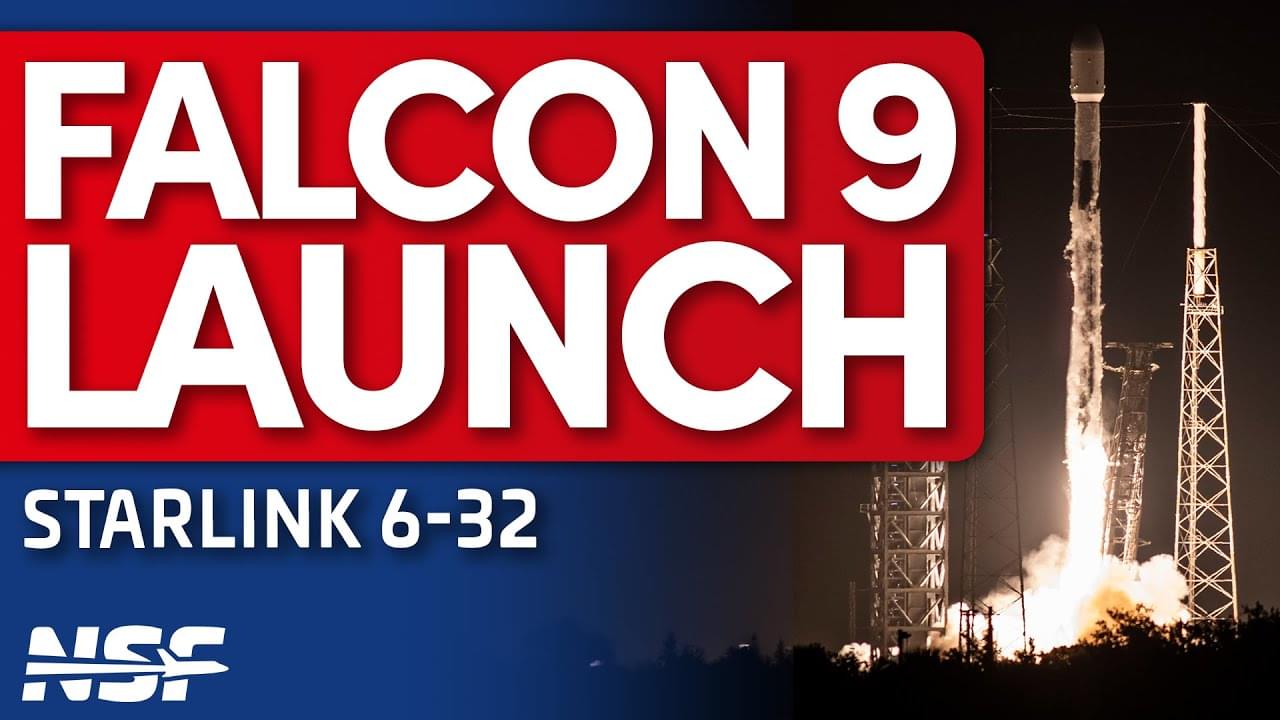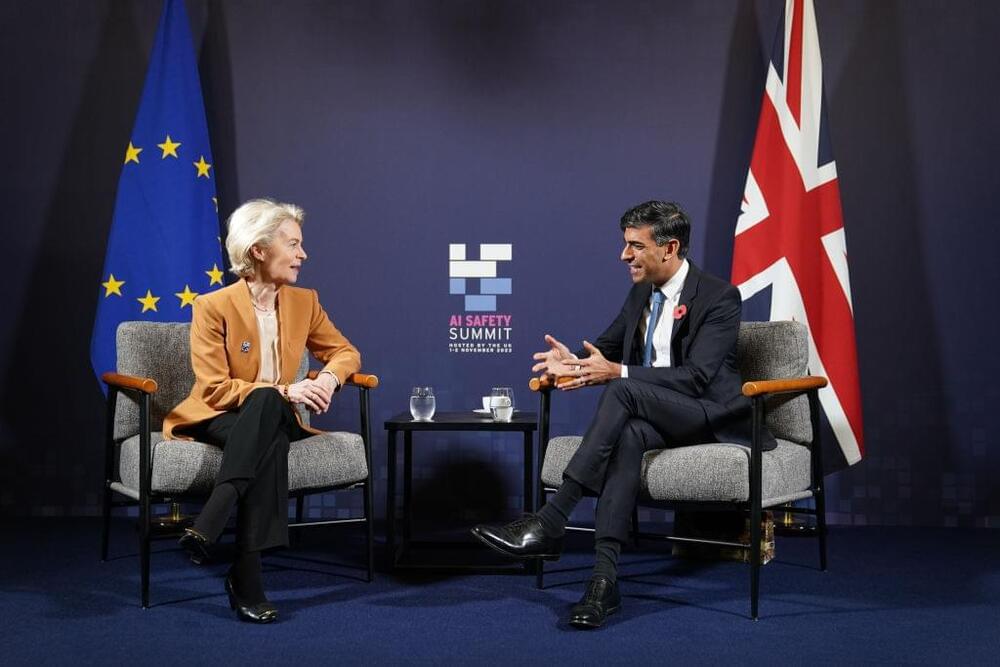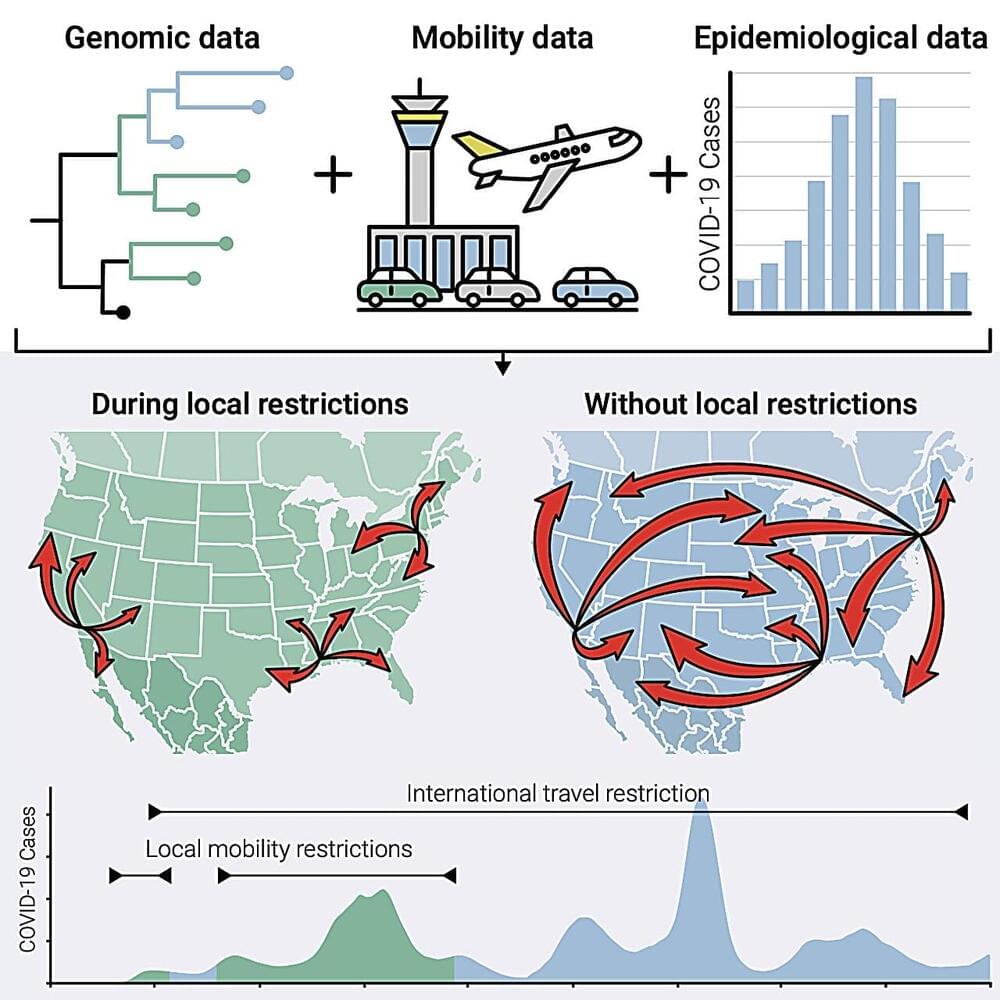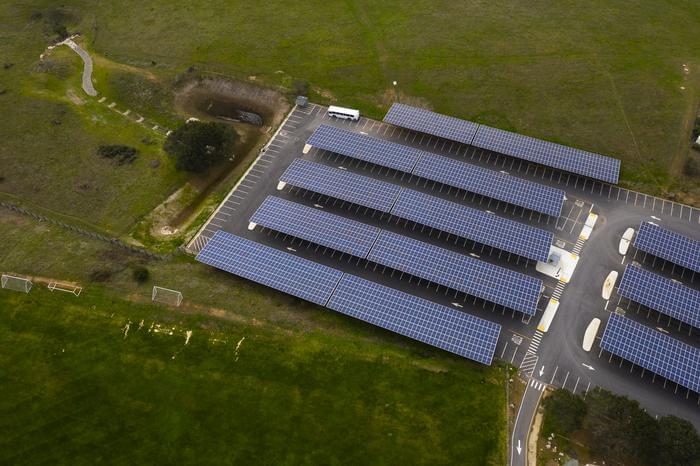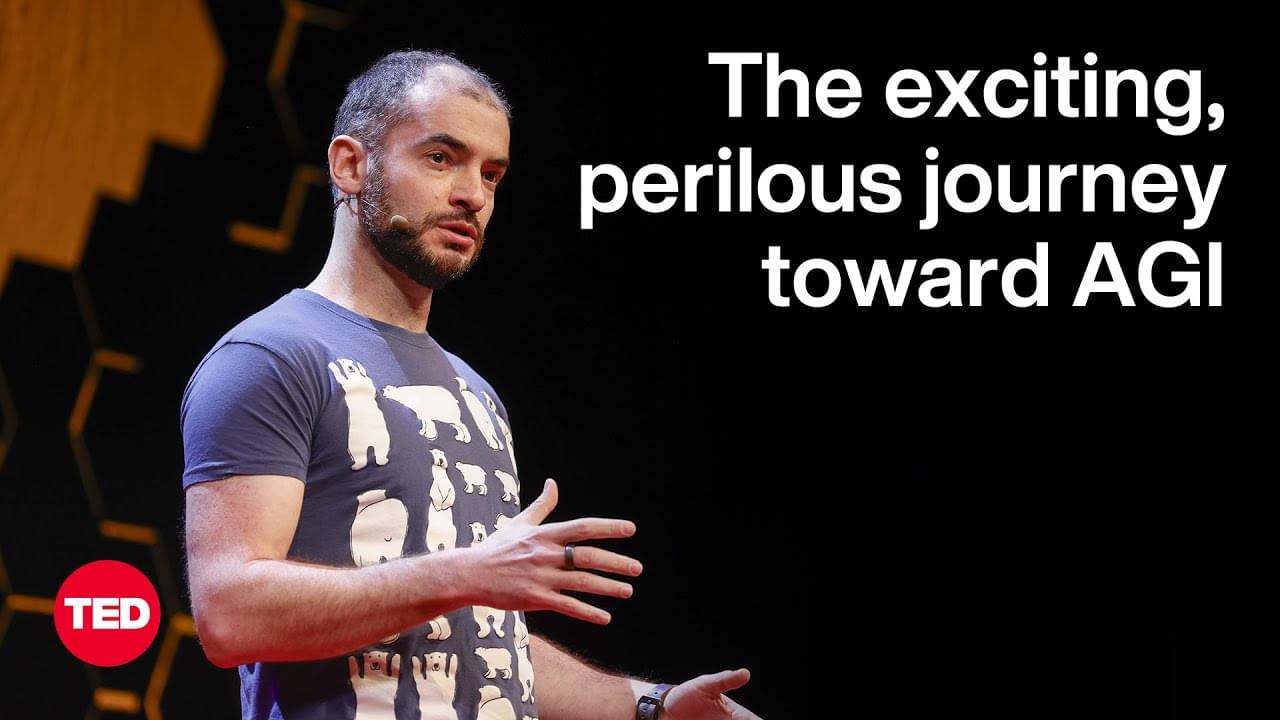Dec 23, 2023
SpaceX Falcon 9 Launches for a Recordbreaking 19th Time | Starlink 6–32
Posted by Chris Smedley in categories: internet, policy, satellites
SpaceX is aiming to launch another batch of Starlink v2 Mini satellites from the Space Launch Complex 40 launchpad. This Booster, B1058, will try to launch and land for a record-breaking 19th time.\
\
Window Opens: December 22nd at 11PM EST (04:00 UTC on the 23rd)\
Window Closes: December 23rd at 3:31AM EST (08:31 UTC)\
Primary T0: December 22nd at 11:00PM EST (04:00 UTC on the 23rd)\
\
Mission: F9 launch of 23 Starlink v2 Mini satellites \
Target orbit: 285km perigee, 293km apogee, 43 degree inclination.\
Booster: B1058-19; 49d 3h 22min 40s turnaround\
Booster history: Demo-2, Anasis II, SL v1.0–12, CRS-21, Transporter-1, SL v1.0–20, SL v1.0–23, SL v1.0–26, SL 4–1, Transporter-3, SL 4–8, SL 4–17, SL 4–21, SL 4–2, SL 4–37, SL 6–5, SL 6–17, SL 6–26.\
Booster recovery: Droneship Just Read The Instructions (JRIT) located 629km downrange\
Fairing recovery: Bob\
Rocket trajectory: Southeast passing north of Bahamas\
Stubby nozzle: NO\
Stats: \
· SpaceX’s 95th launch of the year and the 6th launch of the month\
· 262nd Falcon orbital launch since Amos 6, F9’s 282nd orbital flight.\
· SpaceX’s 161st launch from SLC-40\
· 71st landing on JRTI out of 72 attempts\
· 181st successful landing since the last failed one\
· 55th launch dedicated to Starlink Gen 2 and 129th launch dedicated to Starlink overall.\
· First Falcon booster to fly for a 19th time\
\
Forum: https://forum.nasaspaceflight.com/ind…\
\
⚡ Become a member of NASASpaceflight’s channel for exclusive discord access, fast turnaround clips, and other exclusive benefits. Your support helps us continue our 24/7 coverage. ⚡\
\
🔍 If you are interested in using footage captured by this stream, please review our content use policy: https://www.nasaspaceflight.com/conte…
